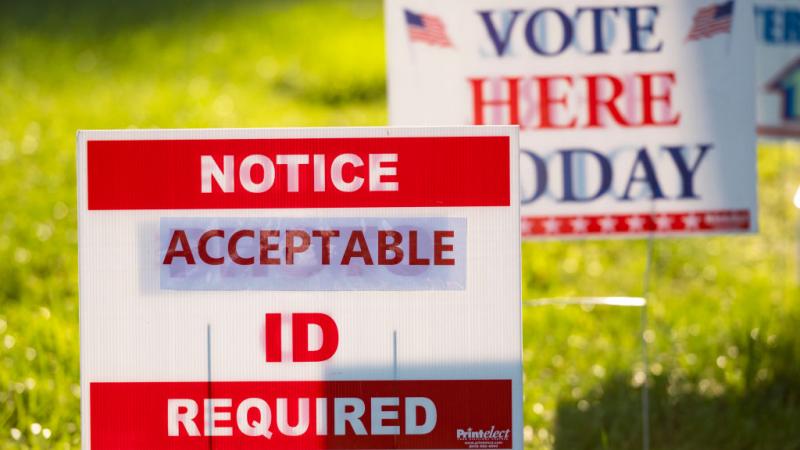Supreme Court justices signal favorability toward Google, in liability hearings
Judges will decide whether tech companies can be prosecuted for algorithms.
Supreme Court justices on Tuesday indicated an unwillingness to consider Big Tech companies liable if their algorithms promote extremist and dangerous content upon their servers.
The court was hearing the first of two major Internet cases that could drastically reshape how companies do business online, with the high court considering the implications of Section 230 of the Communications Decency Act, which offers Internet companies broad immunity from third-party content posted on their websites.
Tuesday's case, Gonzalez v. Google, is set to determine whether tech companies such as Google can be held liable if their algorithms promote content like ISIS videos on their respective social networks. The suit was brought by the family of Nohemi Gonzalez, who was killed in an ISIS attack in 2015.
In oral arguments, several of the justices appeared skeptical of the claims from the plaintiff, according to news reports.
Justice Clarence Thomas pointed out that extremist videos such as those posted by ISIS are treated the same as cooking videos as far as algorithms are concerned.
"I think you're going to have to explain more clearly, if it's neutral in that way, how your claim is set apart from that," he told plaintiff attorney Eric Schnapper.
Justice Sonia Sotomayor indicated a potential unwillingness to accept those claims as well.
"I guess the question is how you get yourself from a neutral algorithm to an aiding and abetting – an intent, knowledge," Sotomayor told Schnapper. "There has to be some intent to aid and abet. You have to knowledge that you’re doing this."
The second Internet case this week, Twitter v Taamneh, will decide if social media companies are shielded from liability if they do not exercise aggressive editorial oversight of extremist content on their servers.















